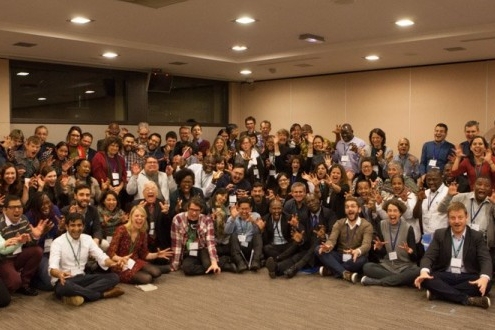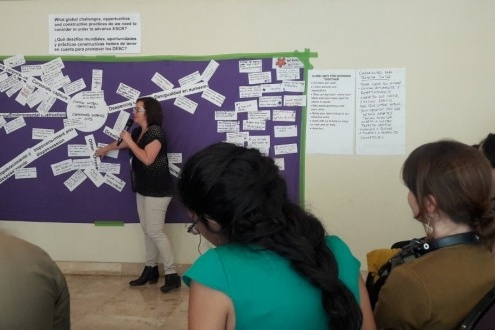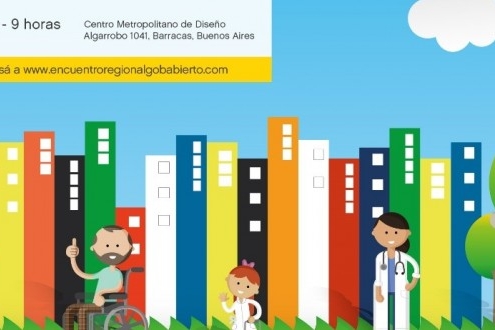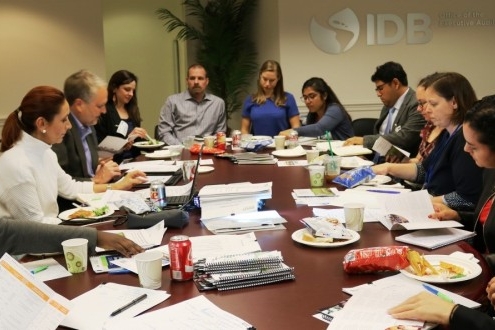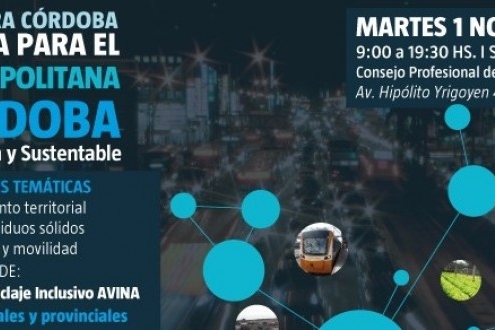Link to: Democracy
We seek to work with all the groups that intervene in the development process: with different government levels, other civil society organizations, the private sector, the academic sector, communities, and the public. The objective is to promote a sustainable, equitable and participatory development guided by human rights.
We structure our work in 5 areas that constantly interact and develop the following activities: research, training and capacity building, political advocacy, strategic litigation, networking, and awareness campaigns.

